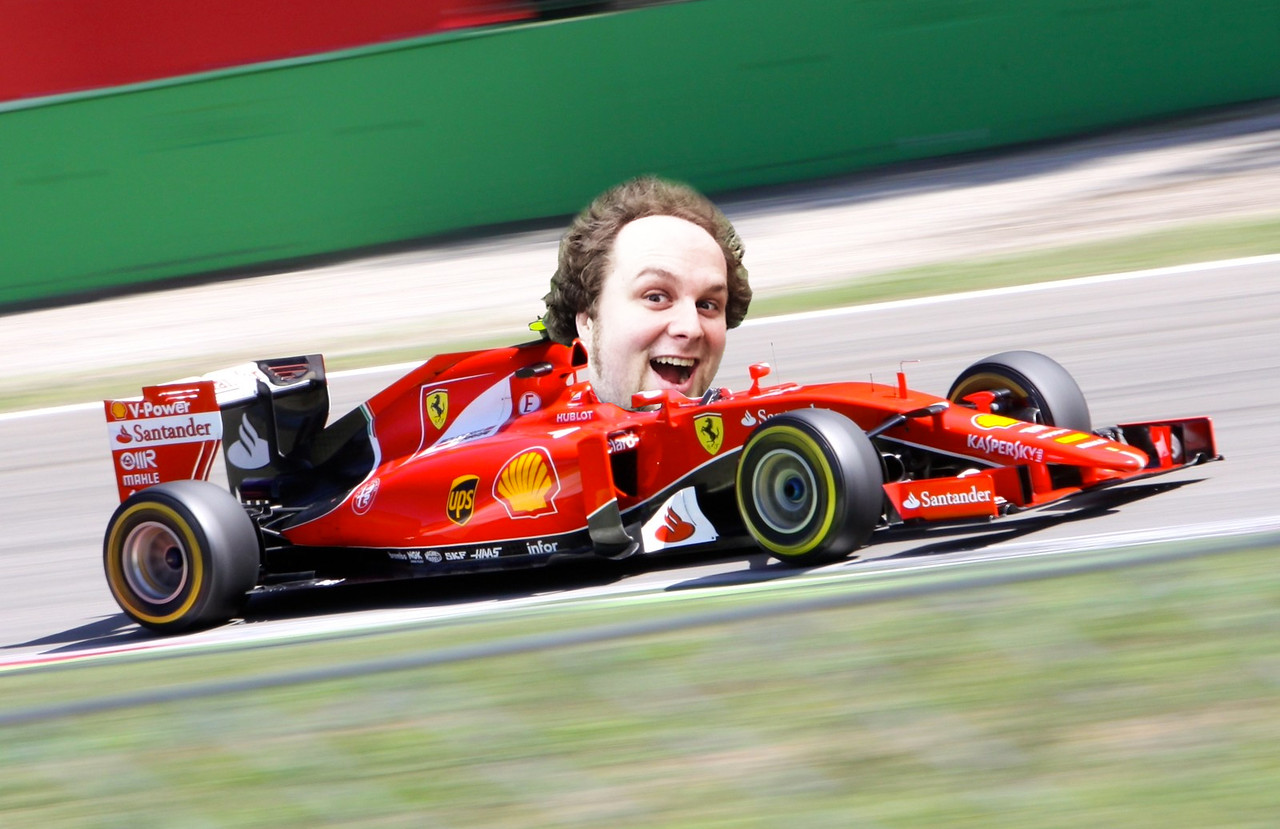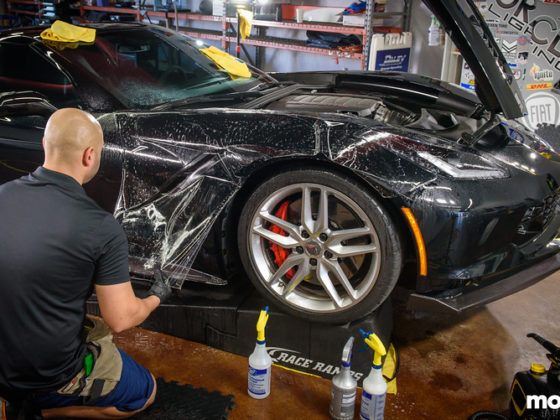
Welcome back to our post-race breakdown of Formula 1! MotoIQ is bringing you its own particular nerdtastic take on the latest news and developments in F1. Impress your neighbors, stun your friends, and woo the ladies with your newfound F1 knowledge, eh
(Between the new site going live, and a number of life events,
Who Breaks The Tie?
Six races into the season and there’s an interesting tie going on: Ferrari, Mercedes, and Red Bull Racing all have two wins apiece. Also interesting is that Sebastian Vettel, Lewis Hamilton, and Daniel Ricciardo cover all of those wins. I suppose it’s still a bit frustrating that only three drivers are competing for wins, but that doesn’t really tell the whole story of course. Valtteri Bottas has looked to be the better of the two Mercedes throughout most of this year, but has had horrible luck compared to his 4-time champion teammate. A freak crash in Australia qualifying put Bottas at the back of the field, and running over debris while leading in Baku added a DNF to his tally and robbed him of a surefire win. Max Verstappen has also been very fast, but has suffered a number of rather embarrassing mistakes. Monaco was his first clean race and even that was tainted by his devastating FP3 crash that eliminated him from qualifying in a weekend he should have been competing for the pole and win. I’ll say it was nice to see Max finally have a clean weekend and land on the podium at Canada. Hopefully clearing the air with a good result will improve his future results as well.
But back to the top 3 in the points, with two wins two each to Ricciardo, Vettel, and Hamilton, the big question was: who would break the tie? Or maybe Bottas, Verstappen, or Kimi Raikkonen would pull out a surprise win. As we now know, that would be Vettel walking away with an easy Canadian victory. Going into the weekend, that wasn’t exactly clear cut. If anything, it was possible for Ferrari to be the slowest of the front runners in Canada. But as we will see, they were able to turn a damage control weekend into a winner.
Engine Wars Round 2
Canada was the first scheduled engine change of the year. The reasoning behind this is multifaceted. First, due to the unique rules of F1, only three engines are allowed to complete the season of 20 races. With that in mind, engine suppliers planned around the power tracks for their swaps. The old engines can and will still be used for practice sessions, but in terms of racing, this is as far as they will go.
This is the type of thing teams are really trying to avoid in 2018. Fortunately for Haas, Romain Grosjean’s spectacular exit from qualifying was down to a failed intercooler. The Ferrari engine uses a water to air intercooler and one of the water tubes sprung a leak on the way down the pitlane. Source
Well, that was the plan anyway. For Mercedes, a quality issue cropped up and teams were informed just two days before the first practice session, that they would not be receiving their shiny new engines. This was a huge problem for the Mercedes Benz factory team, seeing as the W08 really doesn’t seem to be as potent as Ferrari’s S71H. It seems to have a narrow setup window that prevents it from getting the right amount of heat into the very sensitive Pirelli tires. Over or under working the tires is a perennial problem with the long wheelbase Mercedes, but on the fast tracks it shines. However Mercedes no longer has the chassis/engine combo to run away from the field and with Mercedes knowing Ferrari were also bringing a new engine, they needed to be on their A-game. Without that updated M09 engine, the A-game would be back in Brackley.
Meanwhile, Ferrari, Renault, and Honda all brought engine upgrades to Montreal. The real eye was on the Renault and Honda upgrades. The progress of these two engine suppliers is going to be key for 2019. Red Bull Racing has no engine deal for 2019 and 2020. Aston Martin may fund an engine for the 2021 rules change if they like what they see in F1. But in the 2-year interim, Red Bull needs a solution. Most fans seem to think renewing the Renault contract would be a slam dunk decision. A few years ago, it would be. But if Red Bull made the move, they would get unprecedented control over the Honda engine, something they don’t have with the Renault engine. While it’s true that RBR does have some sway in Renault’s engine department, ultimately, if the factory team wants things done a certain way, that’s how it is. Red Bull has burned up four World Championships of goodwill in the last four seasons, bad-mouthing their engine supplier on a disappointingly regular basis. Let’s not forget the very public shouting match between Renault’s Cyril Abiteboul and Red Bull’s Helmut Marko over Marko’s claim that Renault was purposely sabotaging STR’s engines so Renault would improve in the Constructors Championship last year. RBR has burned their bridges ever since their days of domination and quite frankly, Renault doesn’t have a lot of reason to keep the partnership going.
Obviously, a big reason to keep the RBR partnership alive is the fact that RBR is currently the best performing Renault powered team on the grid. But I suspect that’s not going to last much longer. Keep in mind, Renault’s overall goal is to win with their own team. There’s no money to be made selling engines in F1: the suppliers are basically leasing them at-cost to the teams. The real money is in the racing itself and Renault gets a lot more out of F1 if it’s their own cars taking podiums, wins, and championships. When Renault retook control of the factory team they abandoned at the end of 2011, it was in a sorry state after being neglected by Lotus, who didn’t have the money to sustain the program. In the proceeding years, Renault has gone from scoring a miserly 8 points in 2016, to 57 in 2017. In the first 7 races of 2018, Renault has nearly matched that tally (56 after Canada) and they are well on their way to being the 4th best team on the grid. Yes, moving up the championship from here is going to be very difficult, but one way of making it easier is to hobble your next nearest competitor by denying them your own engine. Business wise, the case for keeping Red Bull Racing on as a partner makes little sense. RBR gives zero promotion to the Renault brand (remember that officially, RBR’s engines are Tag Heurers) and robs Renault of a better payout in the points.



